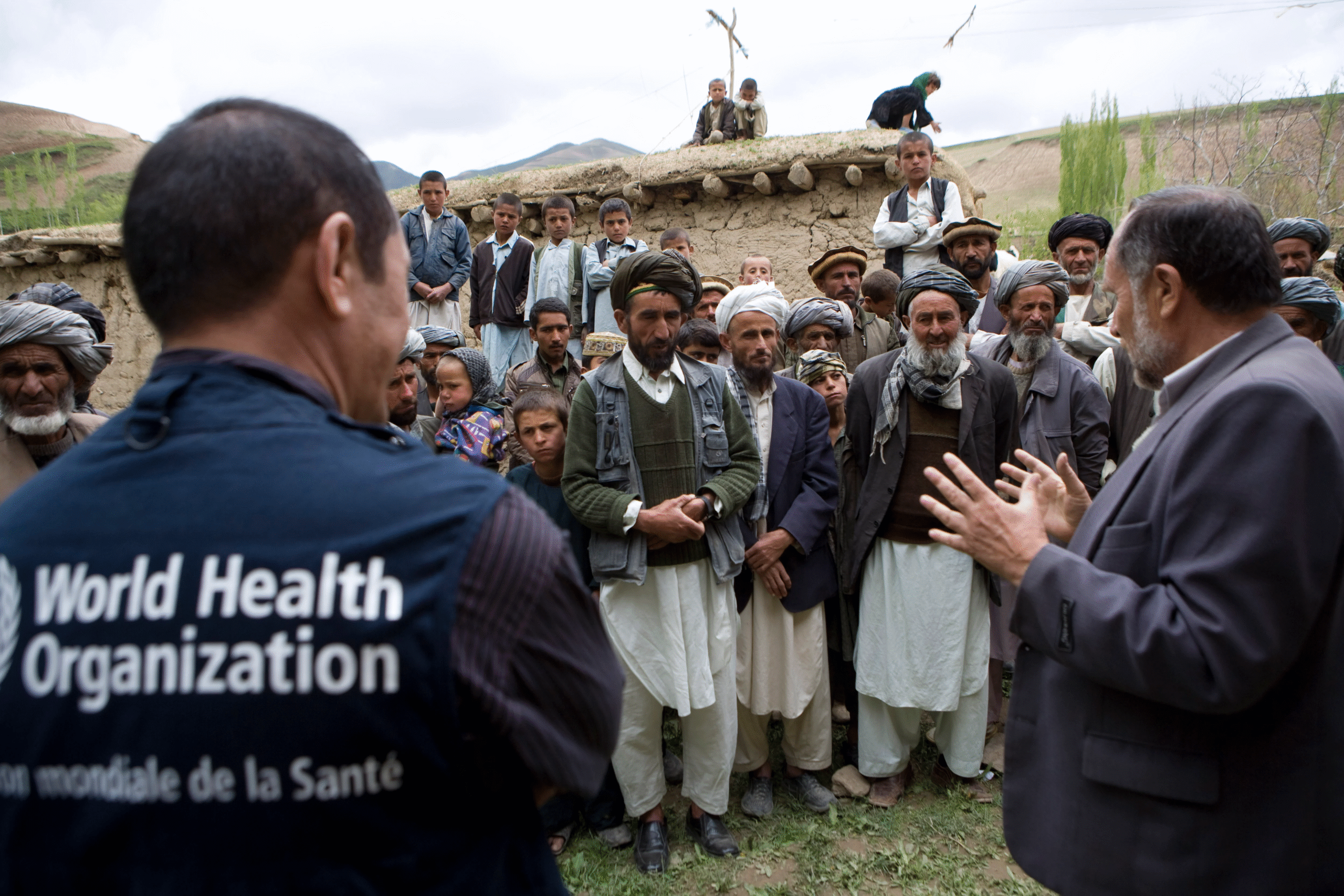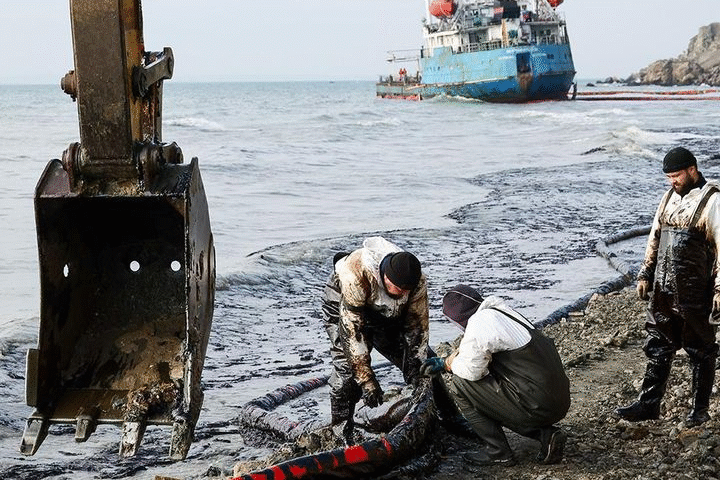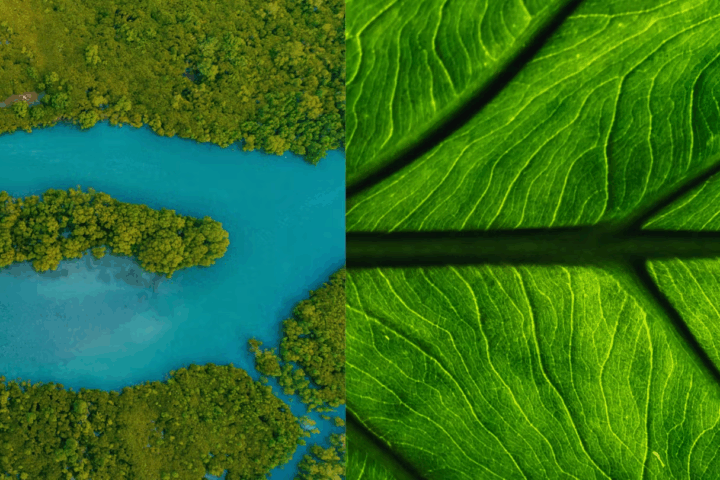We all value our health and the health of those close to us. Yet despite great strides in science and innovation our health is under threat, even in the most developed countries. As leaders in health, we have a responsibility to ensure the health and safety of our citizens, and we must do so equitably. No one should be left behind. We know this is a necessary investment to help ensure and build the wealth of countries and to establish trust in governments, global institutions and multilateral approaches to advancing health for all. One of the most important steps is to support and strengthen national health systems, as all countries have committed to do by signing on to the Sustainable Development Goals.
But we know that this alone is no longer sufficient. All countries must invest in their common safety and protection: no one is safe until everyone is safe. This we can only do by looking beyond borders, regionally and globally. We must strengthen health systems and health security worldwide, supporting all countries around the globe, especially the least developed. We have expressed this through statements and action at the UN and other multilateral formats.
One of the most cost-effective and sustainable investments that can be made for a healthier, safer world for all is to invest in a technically and operationally robust World Health Organization (WHO). In representing 194 countries, WHO has a unique reach and mandate to serve as the guiding force in global health, convening scientific excellence, national decision-makers and health partners alike. But to succeed, WHO must be equipped to be flexible, reliable and efficient. That is why WHO’s Member States have decided to invest in the organisation and support the historic first WHO Investment Round.
The WHO Investment Round, which will take centre stage at today’s World Health Summit in Berlin, offers a unique opportunity for countries to come together in support of global health. Every dollar invested in WHO delivers a return of $35 and can contribute to saving 40 million lives over the next four years. Full, sustainable funding of WHO will enable it to support countries to build healthier, stronger and more prosperous communities.
Many governments have made commitments to global health by supporting the vaccination of children, the fight against HIV/AIDS and the eradication of polio, the creation of community health programs and building of hospitals, and supporting research and science. But these successes and programs are under threat as many simultaneous crises put immense pressure on national budgets.
Yet COVID-19 taught us that in today’s hyper-connected world, disease outbreaks can carry the potential of a pandemic, which can inflict much greater economic and social losses than the essential investment needed to prevent and respond to them. We have learned, outbreak by outbreak, that such investment requires a whole-of-society and whole-of-government response and commitment. At the same time, it demands international solidarity and agreements so countries know, when the next crisis strikes, they can rely on one another, whether that be to share knowledge and countermeasures, or to support actions that prevent major disruptions in international trade and commerce, all in order to protect people’s lives and livelihoods.
Every child without a vaccination, every village without a community health worker and every outbreak tests our commitment to health equity. We must rise beyond narrow interests to support the most vulnerable – and in doing so protect us all. We maintain that one of the soundest investments in global health is in WHO. Countries are doing so, already, through their regular contributions. But there is a clear understanding that in times of crisis this is not sufficient. That is why the WHO Investment Round is so important. Investing in WHO is both a financial commitment to the organisation and a political commitment to multilateralism. Above all, it is an investment in the health of all nations of the world, and in global health. We ask others to join us. We have no choice – we must work together.











